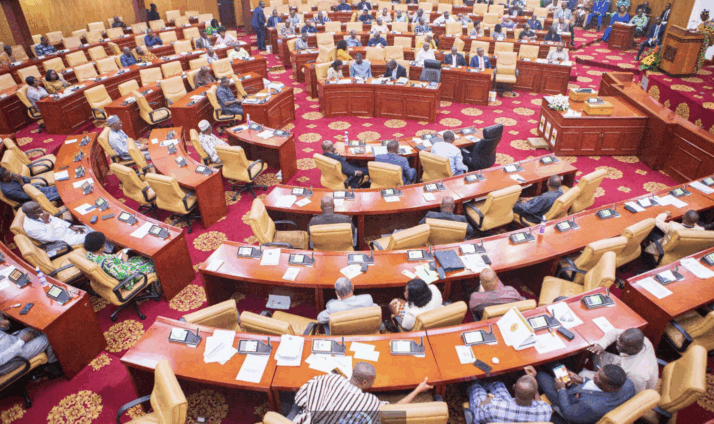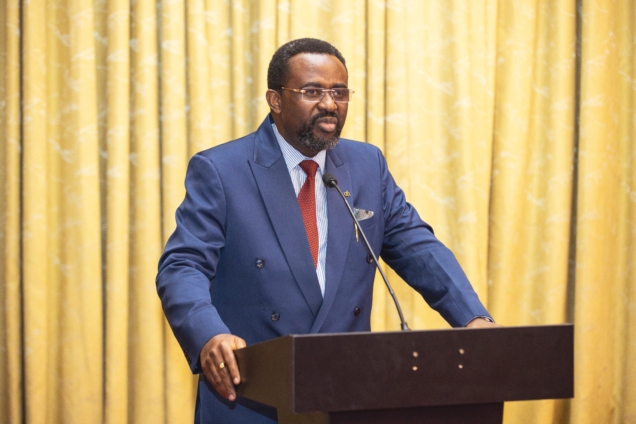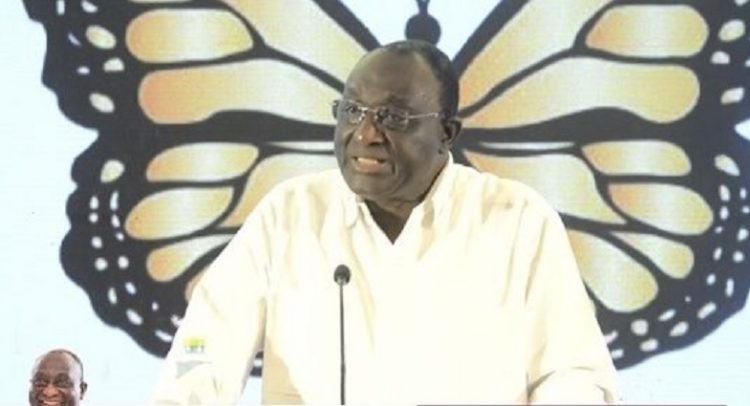The Minority in Parliament is pressing President John Mahama to lift a recently imposed ban on the sale and lease of public lands, warning that the embargo could trigger a wave of legal liabilities and undermine private sector confidence.
In a statement delivered on the floor of Parliament on Monday, Kofi Obiri Yeboah, Member of Parliament for Subin, acknowledged the President’s intent to safeguard public property but argued the freeze—announced shortly after Mahama assumed office—could inadvertently harm legitimate landholders, private investors, and corporate entities.
“Although the directive may have been issued with good intentions, it may pose serious challenges,” Obiri Yeboah said. “It deprives private investors—both individuals and corporate bodies—of the ability to use their legally acquired lands to secure bank loans.”
Risk of Legal Fallout and Revenue Losses
The minority caucus contends that unless the directive is reversed, the state could face an increase in court actions and a surge in judgment debts—legal penalties awarded to landowners and investors whose transactions have been obstructed.
“If care is not taken, the state may be saddled with a lot of court actions and judgment debt,” Obiri Yeboah warned.
Weija-Gbawe MP Jerry Ahmed Shaib echoed these concerns, noting that the suspension of land transactions has created a power vacuum that is being exploited by landguards—informal actors often accused of using force or intimidation to claim control over land parcels.
Implications for the Private Sector and State Revenue
Lawmakers also pointed to the broader economic implications of the ban. Ghana’s Lands Commission, which oversees public land administration, derives a significant portion of its revenue from stamp duties, consent fees, and lease preparations. These fees contribute to the Consolidated Fund, a key source of government financing.
By halting all land-related transactions, the government risks cutting off a vital stream of internally generated funds, they argued.
“If the government truly believes that the private sector is the engine of growth,” Obiri Yeboah stated, “then this directive must be urgently reconsidered.”
Background and Outlook
President Mahama’s executive directive, issued shortly after taking office, halted all processes involving the sale, lease, or registration of state and public lands. The order was widely seen as a move to clean up longstanding irregularities in public land administration, including suspected misappropriation and undervaluation of state assets.
While the President has not yet responded to the minority’s statement, analysts say the administration may face increasing pressure from both Parliament and the business community to reassess the scope and duration of the land transaction freeze.














